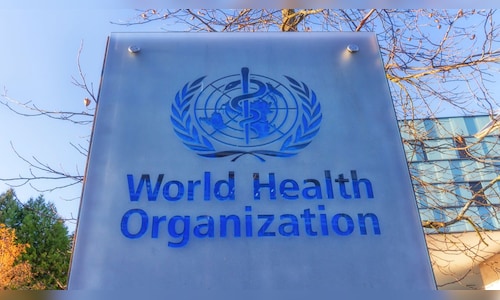Mpox can be transmitted through close contact. It is usually mild and in rare cases, fatal. It causes flu-like symptoms and pus-filled lesions on the body.
Determining a disease outbreak as a “public health emergency of international concern” or PHEIC (WHO’s highest alert level) can accelerate international research, funding, public health measures and cooperation to contain a disease.
Read also: Watch | WHO shares view inside Gaza’s largest hospital which is now an ’empty shell’
The outbreak in Congo began with the spread of an endemic strain, known as clade I, but a new variant, clade Ib, appears to spread more easily through regular close contact, including sexual contact. It has spread from Congo to neighbouring countries including Burundi, Kenya, Rwanda and Uganda, prompting action by the WHO.
“It is clear that a coordinated international response is essential to stop these outbreaks and save lives,” said WHO Director-General Tedros Adhanom Ghebreyesus.
Earlier this week, Africa’s top public health body declared a medical emergency for the continent after warning that the viral infection was spreading at an alarming rate.
Read also: India ranks second in children with zero doses in 2023; WHO calls for urgent action
So far this year, more than 17,000 suspected cases of mpox and 517 deaths have been reported on the African continent, a 160% increase compared to the same period last year, according to the Africa Centers for Disease Control and Prevention. In total, 13 countries have reported cases.
A different form of the mpox virus, clade IIb, spread globally in 2022, primarily through sexual contact between men who have sex with men. This led the WHO to declare a public health emergency, which ended ten months later.
Disclaimer:
The information contained in this post is for general information purposes only. We make no representations or warranties of any kind, express or implied, about the completeness, accuracy, reliability, suitability or availability with respect to the website or the information, products, services, or related graphics contained on the post for any purpose.
We respect the intellectual property rights of content creators. If you are the owner of any material featured on our website and have concerns about its use, please contact us. We are committed to addressing any copyright issues promptly and will remove any material within 2 days of receiving a request from the rightful owner.

